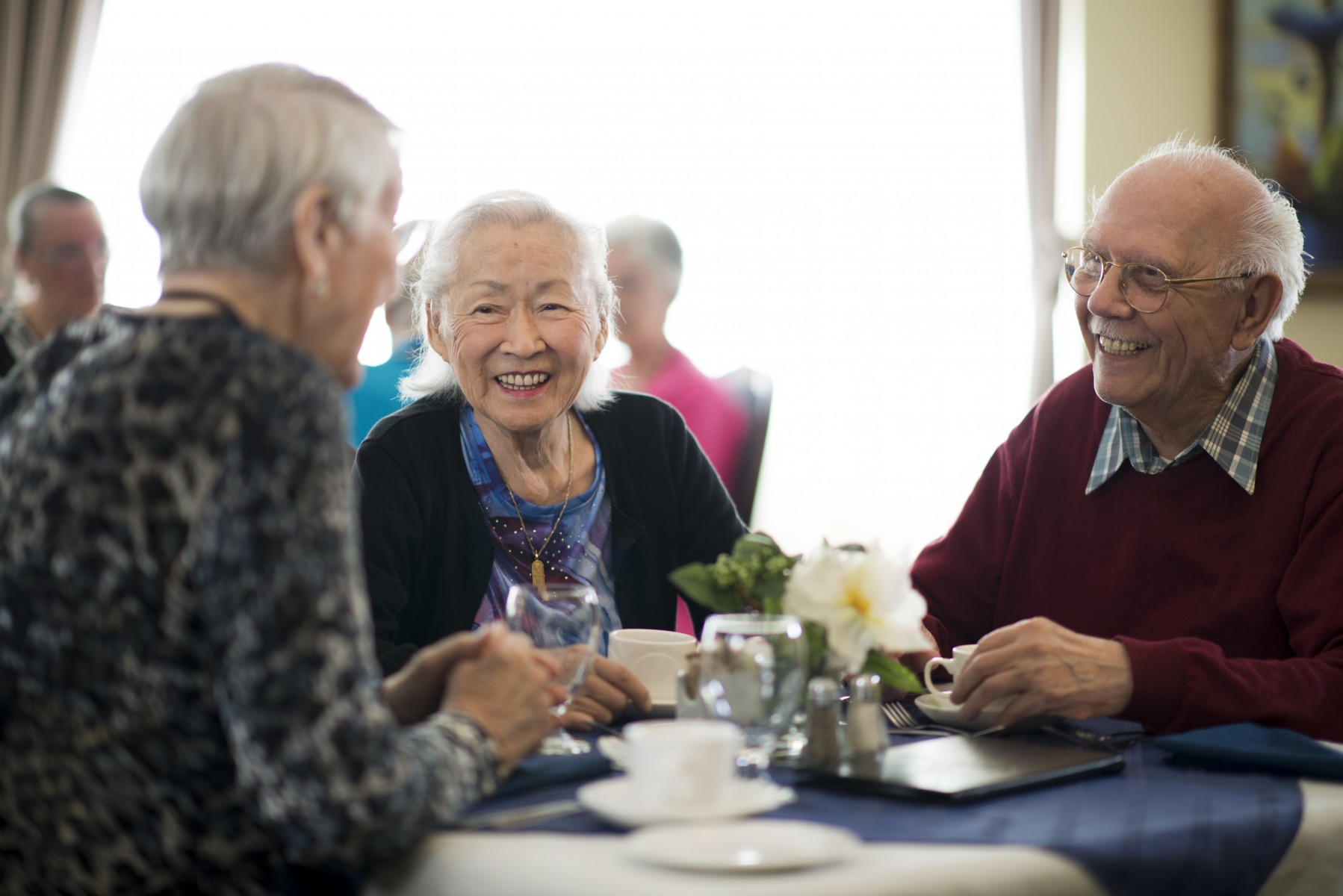Five things people living with Alzheimer’s want you to know
With September being World Alzheimer’s Month, Bupa’s Head of Dementia Services, Marg Ryan, shares the top five things people living with Alzheimer’s have asked for over the years.
As an aged care nurse with more than 20 years’ experience, one of the most common questions I get asked is ‘what is the difference between Alzheimer’s disease and dementia?’ This is an indication that despite the progress we’ve made in the last few years to raise awareness about this issue, there’s still so much more we can do.
September is World Alzheimer’s Month and as such seems an appropriate time to have a discussion on a topic that most people would prefer to ignore, but affects more Australians than ever.
Alzheimer’s is the most common form of dementia, accounting for about two-thirds of dementia diagnosis. But it is just one just form of dementia, there are around 100 different types of dementia.
For many people living with Alzheimer’s disease, their biggest fear is losing their sense of self and ability to express that to others. However, to support someone with Alzheimer’s there are things we can all do to help them be at their best.
From the many conversations I’ve had with people living with Alzheimer’s over the years, here are five things people have shared with me and want others to know:
-
I am still the same person I’ve always been. People with Alzheimer’s still have the same likes and dislikes as they did before their diagnosis. For most people living with Alzheimer’s it’s so important to them not to be defined by their condition, rather they should be defined for the person they have always been. They have the same sense of humour, value the same things in life and want to be treated like they always have been. Over time as their condition advances, you will notice changes in how they act, react or behave, they will become more forgetful or possibly distant, but it’s important to focus on the things that make them who they are. For example, if they like jazz music, listen to their favourite songs with them, or if they enjoy gardening, go out and sew some seeds.
-
I can live well with Alzheimer’s. Staying physically and socially active is key to ensure the wellbeing of a person living with Alzheimer’s. Seeing people socially and staying involved can prevent someone becoming isolated and depressed. Regular exercise can help to keep them fit, but may also help them to form good sleeping habits so they – and their carers – are more rested. While staying physically and socially active can be beneficial, it’s important not to force it. It’s important to let the person with Alzheimer’s be who they have always been. So, if the person living with Alzheimer’s has always been introverted, the person who’s caring for him will need to balance the benefits of social activity with the fact they may find it quite distressing to suddenly change their social habits.
-
Focus on what I can do rather than what I can’t. For people living with Alzheimer’s disease, the focus is usually on what they can’t do rather than what they can do. They may stop being asked to babysit their grandchildren or do the little things like make a cup of tea when there is no good reason. This can feel disempowering, especially if they’re still able to do these things. There will be things that are challenging for a person living with Alzheimer’s, especially as the disease progresses, but it’s important to focus on the things they can do and support them with the things they can’t.
-
I can still have meaningful relationships – don’t be shy around me. During the early stages of Alzheimer’s people are still able to communicate as they did before their diagnosis. As the condition progresses, their ability to communicate becomes more difficult. However they can still show emotion and affection, so you’ll still be able to have a laugh together, or share a heart-warming moment. Just make sure you keep your conversation with the person simple: instead of saying ‘would you like to go outside or stay in today’ just say ‘would you like to go outside?’
-
I still need companionship, even if I don’t remember that you’ve been here with me. If the person is in the later stages of Alzheimer’s, they may not remember you visited them, or know who you are - but in the moment you’re with them, they are able to enjoy your company. From birth, we seek companionship; someone who makes us feel safe and loved; we don’t like to feel lonely. Although the person with Alzheimer’s may forget that they saw you today, that feeling of companionship can stay with them throughout the day.
If you’re caring for an ageing loved one, or someone with dementia, it can be hard to know where to turn to for help.
If you want advice from a real person who can help guide you and connect you with the right support, call the Bupa Aged Care Support Line between 8am – 6pm, Monday to Friday, on 1800 780 038. It’s free, and available to everyone.
Read more health news

